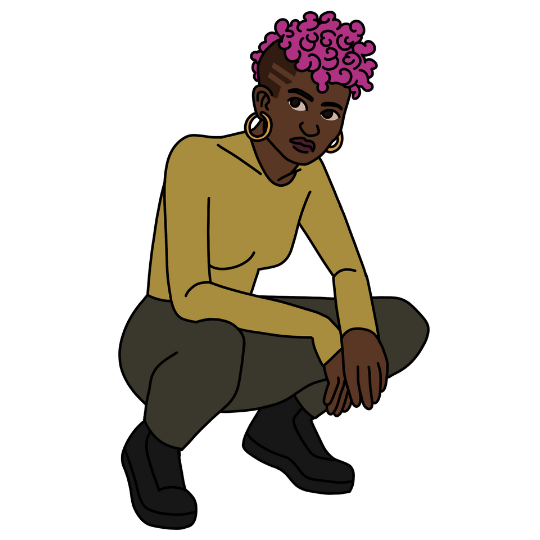Toxic commentary is nothing but hurtful – remember there’s always a person on the receiving end
Posted: 26 Feb 2024Don’t read the comments, they say.
For writers online, I get it. Comments sections can be horrible places, especially when someone disagrees with your point of view. I’m a white, straight male pushing 38 years old and have faced some terrible replies from disgruntled readers with differing opinions over the years – I cannot imagine what it’s like for people who belong to minorites or marginalised groups facing the ire of some of the internet’s least rational people. Still, I can’t help myself.
I’ve been writing online for over a decade now, and, having done so in the video games, entertainment and sports industries, I’ve learned that specialist writing regularly brings out the worst in specialist readers. I adore video games, and I like to think the majority of people who read my words do too. Whether they agree with my opinions or not is a different matter, but the silent majority invariably read my stuff, keep their opinions to themselves (or at least refrain from directing that at me), and move on. Don’t get me wrong, I love a debate, even a heated one, but only if there’s respect on both sides. I have zero time for abusive messaging.
For the folk who post negative comments, the process is similar. They type out something negative, hurtful and/or toxic, hit send, then get on with their lives, rarely thinking about the impact those words can and do have on the receiving end. So why do I personally insist on reading the comments? Quite simply to remind those sharing unreasonably negative sentiments that, yes, there is a human being on the other end.

“Go kill yourself” was one particularly unsavoury reply I received many years ago, after one reader took issue with a fairly innocuous opinion piece I’d written about Grand Theft Auto Online. Again, far heavier vitriol has been directed at some of my peers in games media over the years, but as someone who once lost a close relative to suicide, I’m especially sensitive to this sort of hateful language. Again, one thing I’ve learned about comments of this nature is that the person making them rarely appreciates the impact of their words, and that if you decide to engage, more often than not – in my experience, at least – they retreat into themselves.
“It’s totally fine that you don’t agree with my opinion,” I replied, “but why did you feel the need to say something so horrible?”
“It’s nothing personal,” the commenter replied. “It’s just a turn of phrase”.
Again, the older I get, the less in-tune with every example of topical internet slang. Telling someone to kill themselves will never be okay, but even putting the crudeness and ignorance of the above to one side, what I found fascinating was the commenter’s willingness to engage on a human level after being challenged – something absent from the initial exchange prior to my reply.
It goes without saying that toxicity can manifest in myriad ways in online spaces, but when it’s as direct and blatant as this, I always do whatever I can to address it. Sure, it’d be easier to never read the comments, or even to read them and stay silent, but that would also let something so thoughtless go unchallenged. In this instance, I like to think that having engaged this person on a human level, they might stop and think about how language and words matter, and that they might refrain from doing something similar to someone else down the line.
I’ve had many similar instances like this one over the years, and, almost always, engaging people eye-to-eye helps to de-escalate the exchange. Which is great on one level, but the easiest solution long-term, surely, is for needlessly negative commenters to think twice before they spew hurtful vitriol at all.
Don’t get me wrong, I’m more than aware that part of my job as a writer is to be held to account, and I welcome all forms of feedback, negative included. But, like, just don’t be a dick, yeah? And so, to the toxic commentators out there, let me assure you: your online spaces will thrive when you bite your tongue – and who knows, maybe you’ll spot someone else stepping out of line in future, and can pass this message forward.
In the meantime, everyone should play Kind Words, share the love, and read through its Overwhelmingly Positive reviews on Steam. Now that is how a comments section is done.

Joe Donnelly
Joe Donnelly est un écrivain de Glasgow, un passionné de jeux vidéo et un défenseur de la santé mentale. Il a écrit sur ces deux sujets pour The Guardian, VICE et son livre Checkpoint. Il est convaincu que la nature interactive des jeux vidéo les place dans une position unique pour éduquer et informer.

